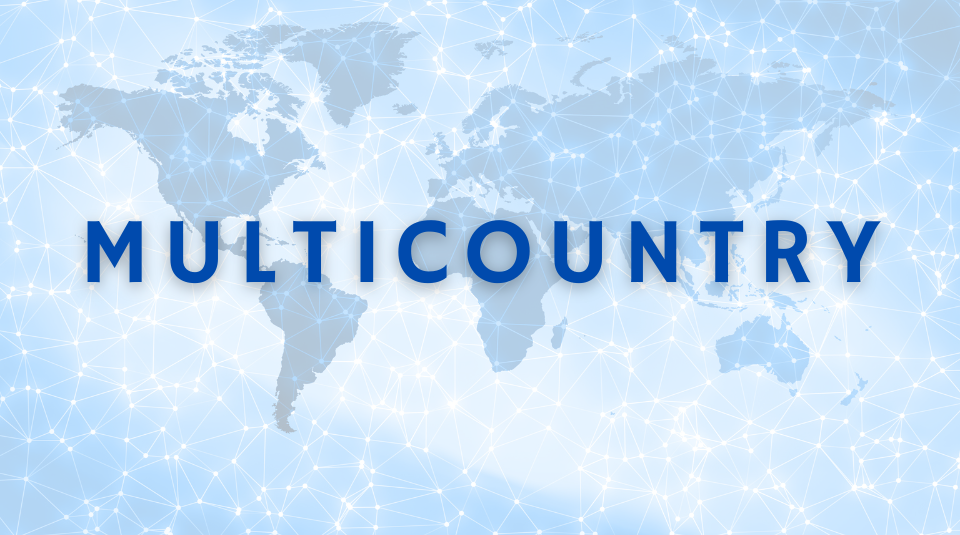Workshop on Labor–management Relations in the Digital Era
Venue - Republic of KoreaDriven by advanced technology, conventional work styles requiring high labor intensivity have shifted toward less physical interaction. Employers and employees no longer need to be under the same roof, which was exacerbated by the COVID-19 pandemic. Due to these changes, labor–management relations have become more complex and challenging. The rise of remote work and flexibility, […]

